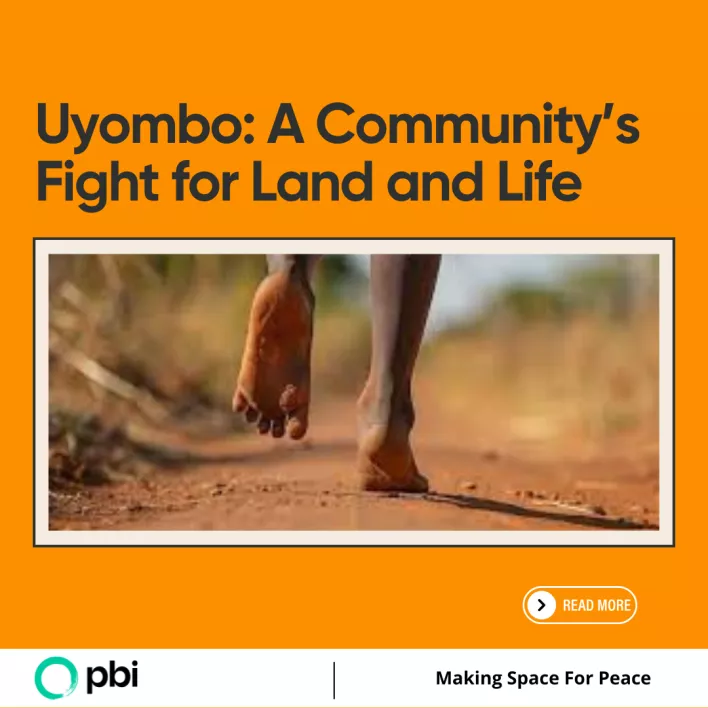HRC61: PBI at the Human Rights Council
The 61st session of the Council will take place in Geneva from February 23 to March 31, 2026. Follow us on this page and on social media to keep up with our work.
This article presents the different actions and statements by PBI, implemented as they take place, as well as information about the contexts in which PBI works and the discussions that will take place at the UN.

